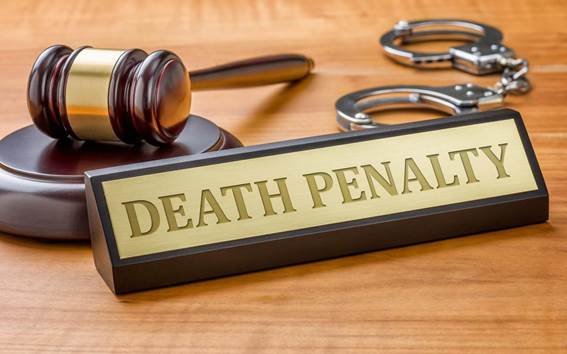Free Courses Sale ends Soon, Get It Now


Free Courses Sale ends Soon, Get It Now



Copyright infringement not intended
In News
About Capital Punishment or Death Penalty in India
Process of Death Penalty
Arguments in support of Capital punishment
Arguments against capital punishment
Way Forward
https://t.me/+hJqMV1O0se03Njk9
© 2024 iasgyan. All right reserved